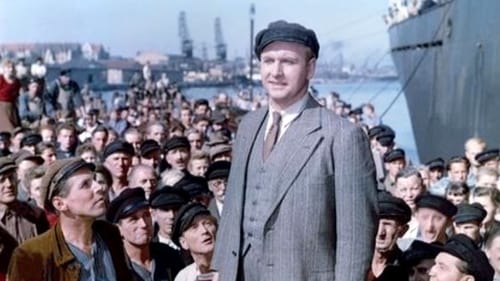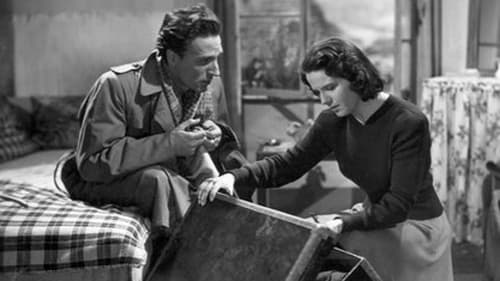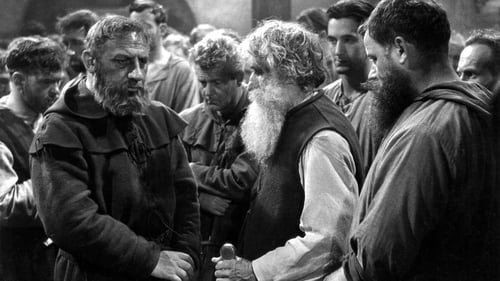
Director

Director

Kuddel Riemöller
This film is the first of a two-part historical and biographical portrait of the communist politician and anti-fascist Ernst Thälmann. In early November 1918, Ernst Thälmann is an unwilling soldier serving on the western front. As the revolutionary movement at home is threatened by the betrayal of the Social Democrats and fissures in the working class, Thälmann calls on his fellow soldiers to put down their weapons and unite with the workers in the communist struggle at home. Thälmann’s qualms about which side he is fighting on continue, but when the local police attempt to prevent a shipment of provisions and supplies from reaching the people in Petrograd, he intervenes and the ship is unloaded. With this moment of clarity, Thälmann continues to follow his political convictions and joins the workers at the Hamburg uprising in October 1923.

A young married couple - both of them actors - work in the divided city of Berlin. Agnes, the young woman, is on location in East Berlin, and Jochen, her husband, works at the Westend Theater in West Berlin. This young marriage is in danger of breaking up as they vehemently defend their diametrically opposed views. The way they see politics, art and the world differs extremely.

Mitrailleur Hermelinger
A young soldier in an army camp near a small Swiss village gets into an argument with his sergeant, which winds up in a fight. The soldier, believing he has killed the sergeant, flees to Zurich, determined to disguise himself and cross the border into France. However, things don't work out quite as he had planned.

Heinrich Stauffacher
Switzerland in the 13th century: Shot in the middle of World War II, this classic film returns to the origins of Switzerland and turns about the problem of the small country against a big power: Resist or obey?

Armin Witschi
A policeman is not convinced that the prime suspect in a murder case is realty guilty and so decides to reinvestigate the case, despite the lack of co-operation from locals.

Otto



